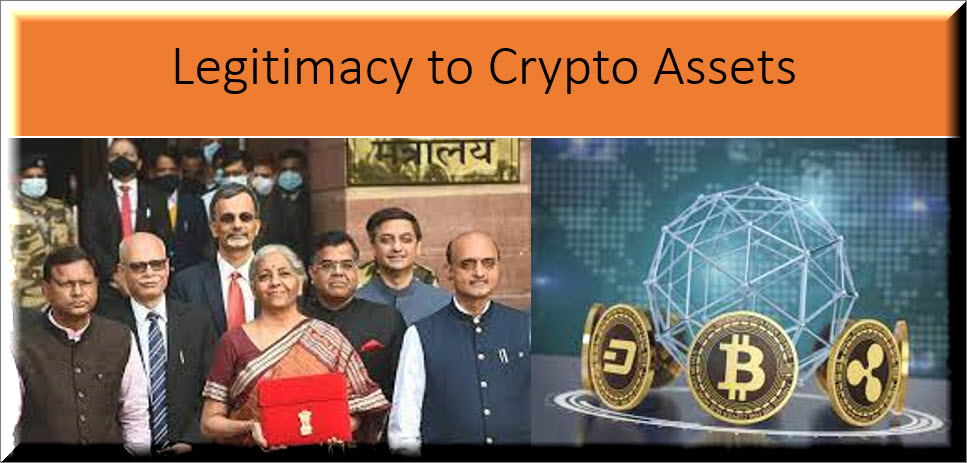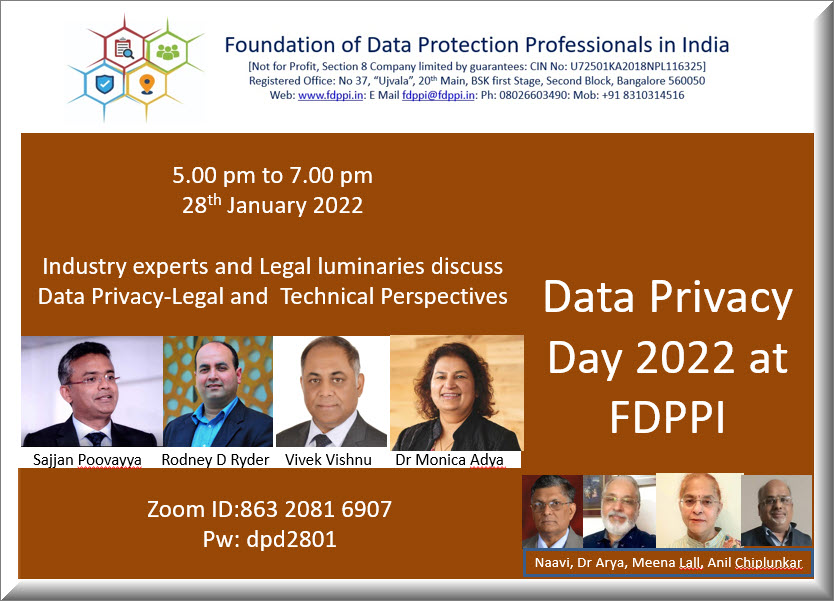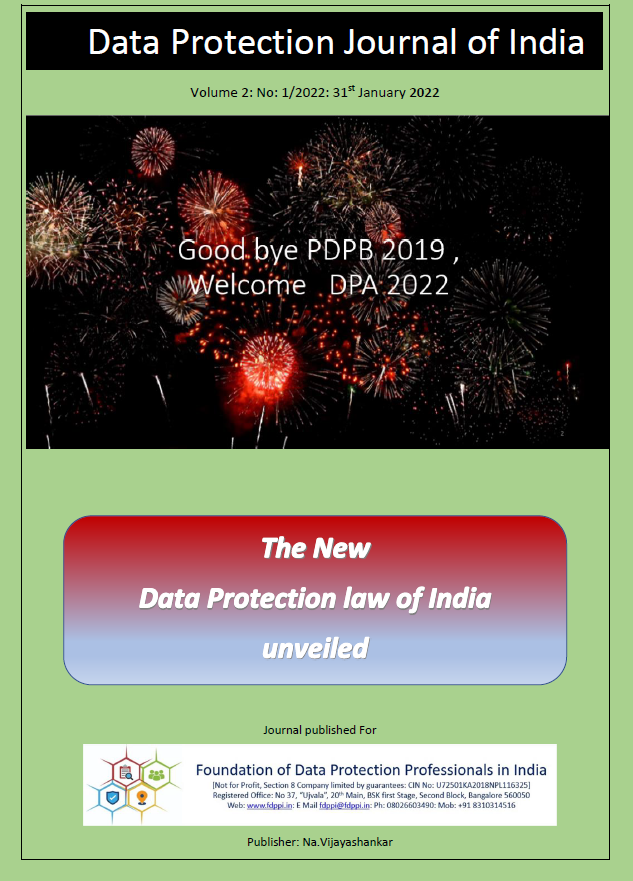The decision of the Finance Minister to recognize digital assets of the kind which we call “Crypto Currencies” today through a taxation slab has opened the flood gates for money laundering in India.
Now it is possible to register an anonymous e-mail account such as Proton Mail, outside the scope of law enforcement in India, open a Bitcoin (or any other multi crypto currency) wallet account with a foreign entity and operate with any of the crypto currencies. No KYC would be needed.
Money can be loaded to to such accounts through ATMs available in some foreign countries or through the RIPPLE network. As a result the exports can be under invoiced and excess money credited to the wallet account.
The Indian Government may only have the ability to trace a transaction when money is transferred from the INR Bank account to a wallet account in India or sold from these accounts. If the sale is to the foreign Wallet at a loss or “No profit”, there will be no tax in India and the money will lie in the foreign wallet which is anonymous to the Indian tax authorities. There is no havala agent required for the purpose.
The budgetary provisions which talks of “Taxing at 30%” is a fraud on the public. The tax will arise only when the holding is declared at the end of the year and it will not affect any transactions which are not declared or traced by the ED/ITD.
Already demands are being raised for reduction of the 30% slab and the Finance Ministry will consider it after some time to ensure that the tax burden is reduced.
As we gradually move from the current Central bank regulated economy to “Ripple regulated” economy, the funds in the banking system will dry out. With the bank deposits declining, investments in Government securities will also come down and Government will have no genuine means of revenue generation for all its “Vote Buying Schemes”.
It is however good that the Government will have its own Digital Rupee scheme and at the click of a button generate enough Crypto Rupees that can be credited to every Jan Dhan account. At last the Rs 15 lakh per account promise can be fulfilled through Digital Rupee being credited.
As the Economy starts skating on the Digital Rupees created and distributed for all Government expenditure, tax payers will shift their assets to foreign countries in the Ripple Economy and RBI as well as Banks can think of closing down their business.
The vision of economic progress and 5 trillion economy can vanish with this one stroke of pen with which Mrs Nirmala Sitharaman has legitimized the private cryptos.
We can only wish and pray that the FM will re-think on her suggestion with a Clear thinking on the consequences that could arise out of her decision to give legitimacy to the Private Cryptos.
I wish the FM and the Finance Secretary disprove the above doomsday predictions and assure us that they have not been fooled by the technology enthusiasts who think it is “Innovation” to “Destroy” the world order. If they donot wake up, history will recognize this budget as the beginning of the end of civilized Governance in India.
No opposition member will raise objection since all politicians are happy with this arrangement where black money is available for free use for terrorism or election expenditure. Supreme Court will not raise any objection because it has already shown its “Bollywood Concern” . RBI has been effectively silenced. The path is clear for the corrupt politicians and bureaucrats to enjoy the emerging situation. The bribe menu is being updated to the crypto currency shortly so that even bribe giving becomes easy. Even Arnab Goswami will remain silent since Crypto contributions will help the media business.
All genuine tax payers need to re-think if they have to keep their money in the Bank accounts or start shifting it to digital assets. They can always export this balance and re-import when necessary. I am sure such services would be made available by many of the crypto exchanges so that we can all enjoy a tax free society. We need to take the advice of wisemen.. If you cannot eliminate Cryptos…join the band wagon and enjoy a tax less society.
RSS raised alarm but the Government has ignored the objections from RSS. Opposition can take note that this Government is not an RSS Government but has a mind of its own when it comes to corruption management.
Dear Mr Modi,… I am disappointed with your endorsement of the scheme. Let God give you the vision to understand the danger of encouraging Crypto Asset legitimization.
Naavi












